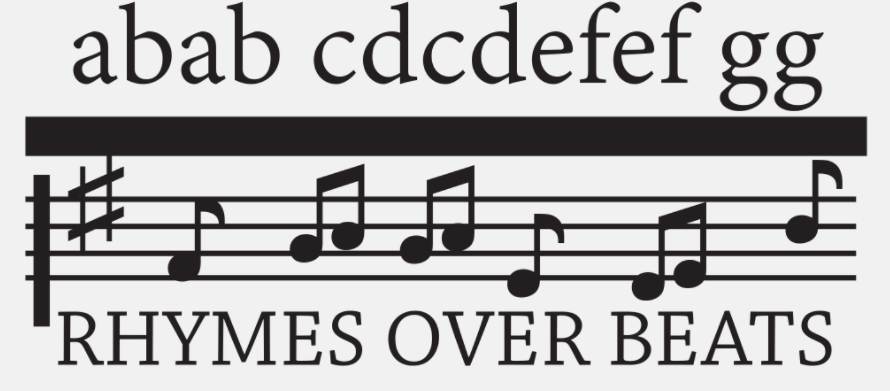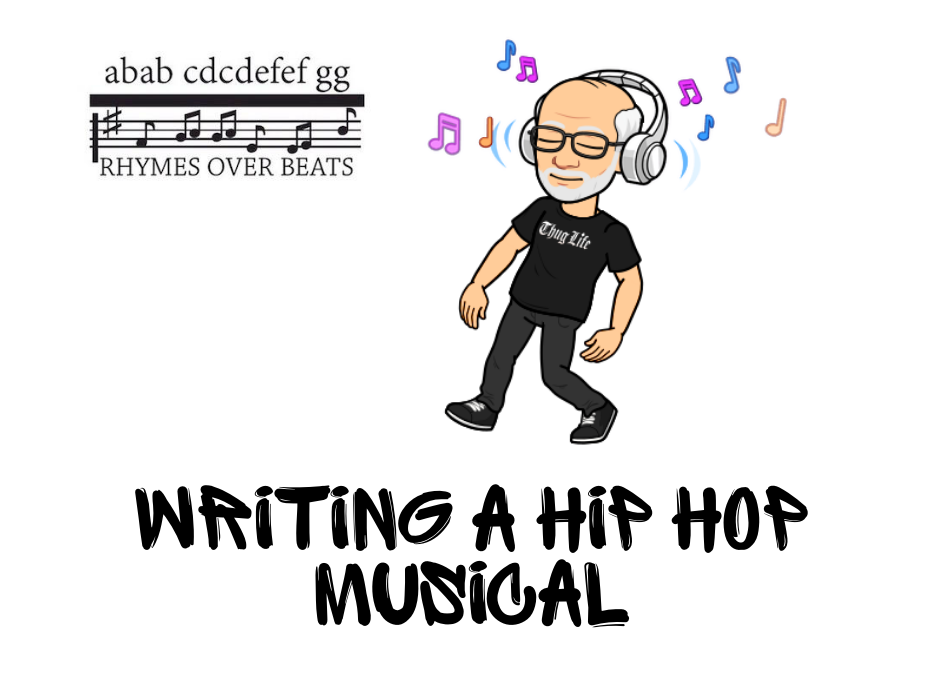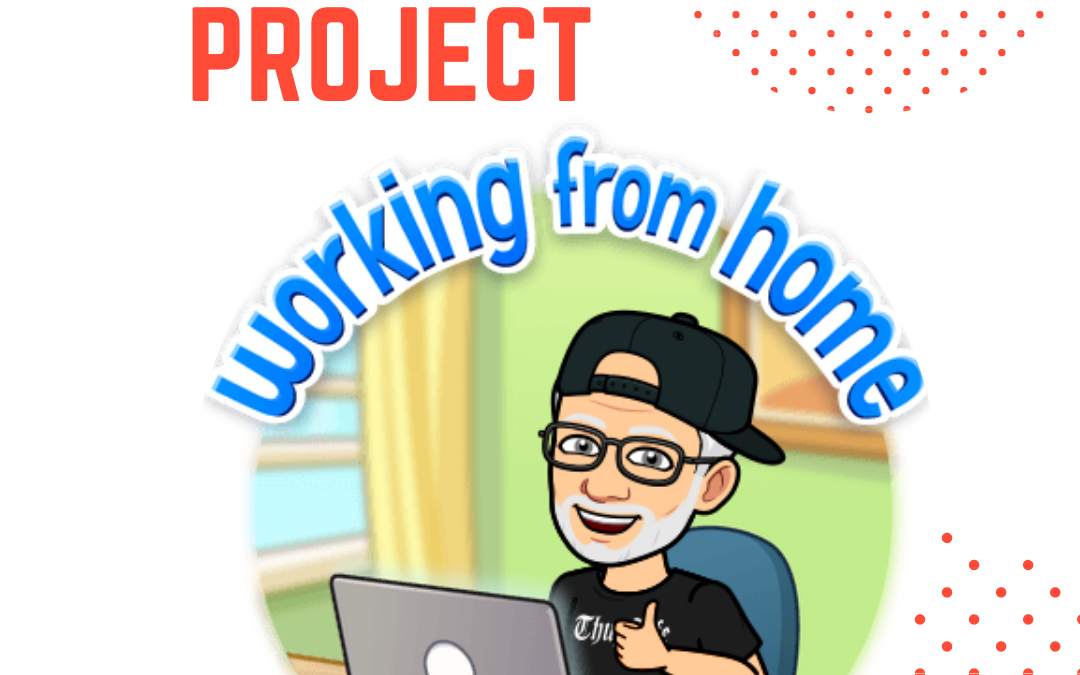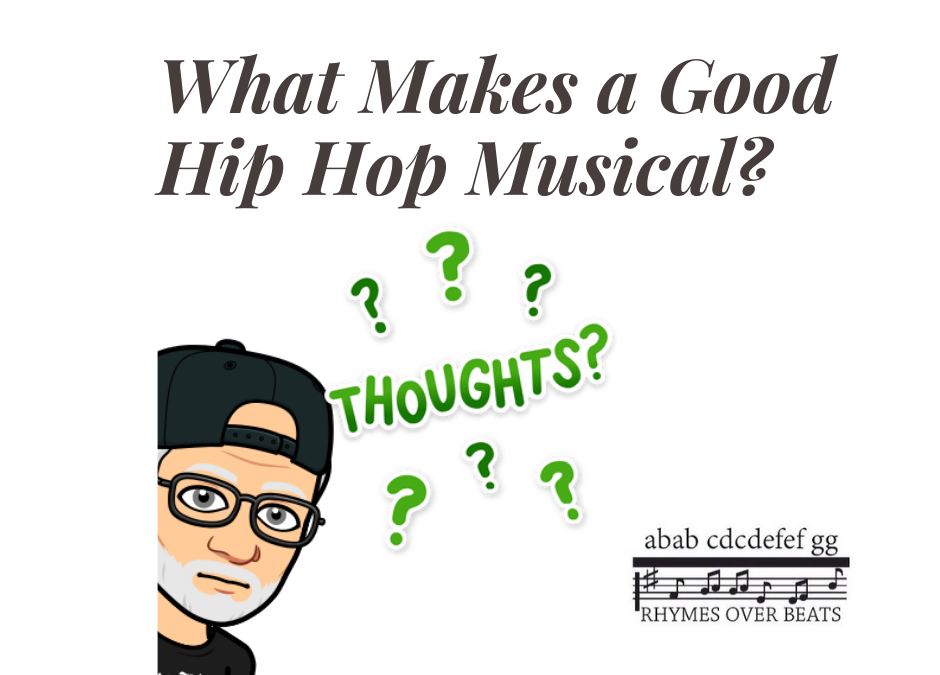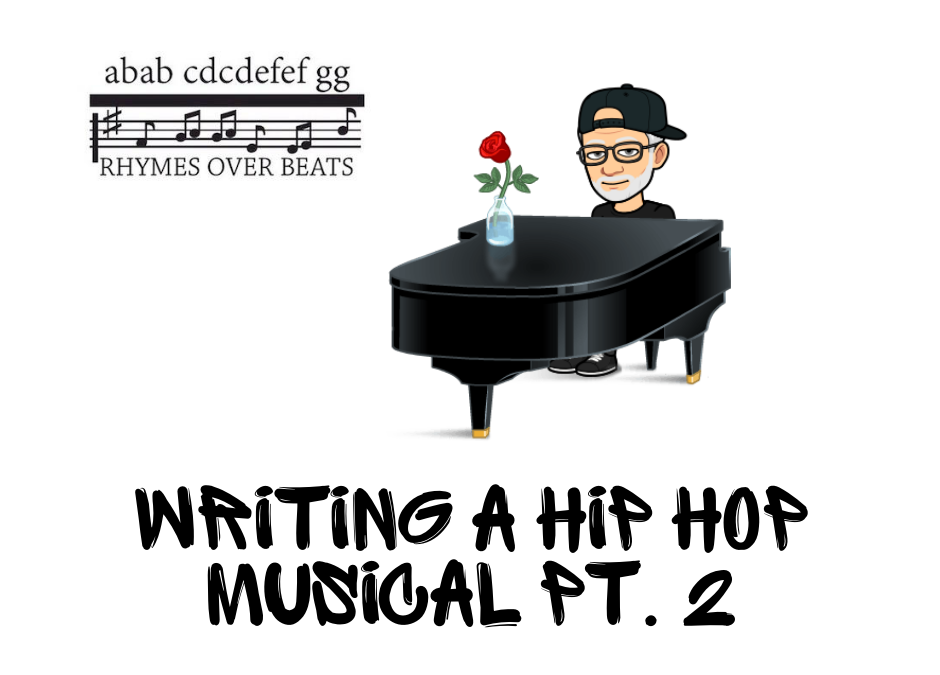
Writing a Hip Hop Musical Part 2
How to Write a Hip Hop Musical
Last week’s blog was about WHY a hip hop artist should be writing a hip hop musical. This week is about HOW a hip hop musical should be structured. I’ve been thinking about this because I’m writing a hip hop musical about the Irish famine of the late 1840’s, and I wanted to organize my ideas.
This is what I came up with so far:
- Because it’s a hip hop musical it needs to be about something serious and important.
- The best musicals flow naturally from dialog to song back to dialog.
- The dialog creates the structure of the story.
- The songs support the story by revealing character or advancing the plot.
- There also needs to be musical diversity. Not just rap but the songs should be in other musical styles.
- Rap works best in ensemble songs or in rap battles.
Three Kinds of Songs in Musicals
Musicals have three kinds of songs:
- First, there are the “world” and the “want” songs. These songs show the world of the play and gives the main character the opportunity to describe they need.
In my musical I plan to sketch the world of rural Ireland in 1845 by having townspeople rap. The “want” song would be an Irish ballad.
- Second, there are the “obstacles to be overcome” songs.
In my musical, if the obstacle is a conflict between two characters, it will take the form of a rap battle. If an individual, I’ll use more traditional Irish music.
- Third, there are songs that end the show (the finale).
My musical ends with the main character, who has survived the famine by immigrating to America. This would be depicted using an upbeat, positive number that is a mix of rap and and a melody.
Are You Interested in Irish Hip Hop?
As the year goes by I’ll update everyone on the progress I’m making in writing an Irish Hip Hop Musical.
I hope everyone continues to be safe.
